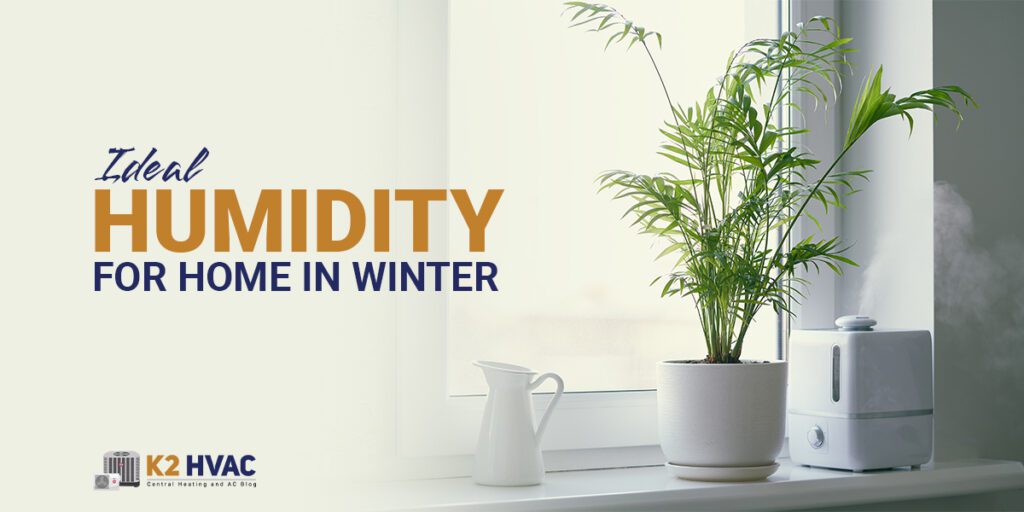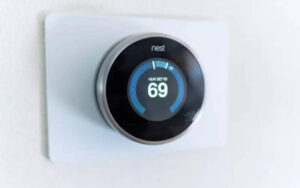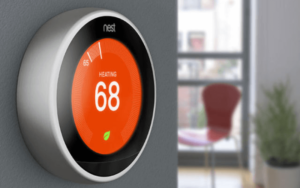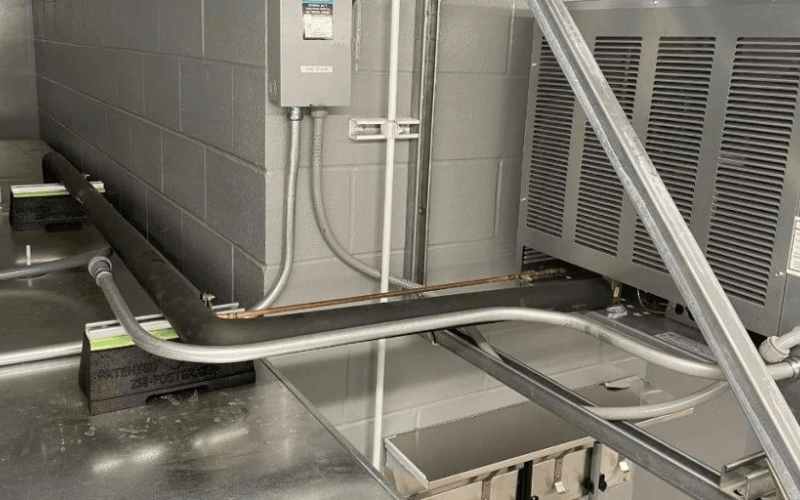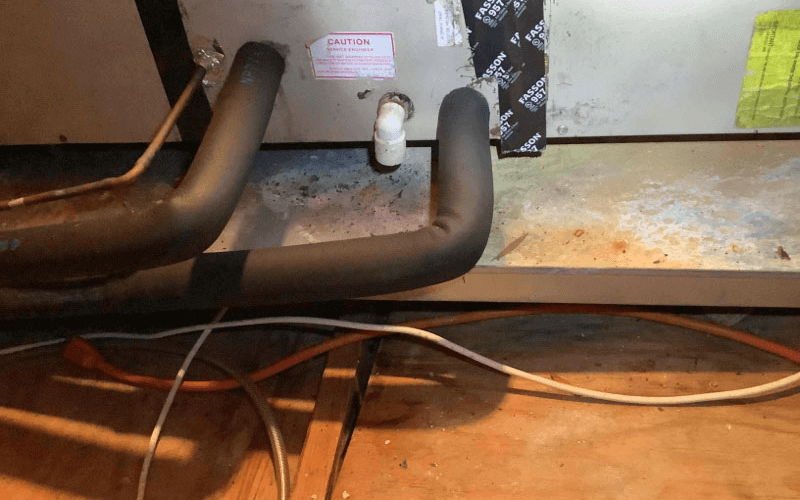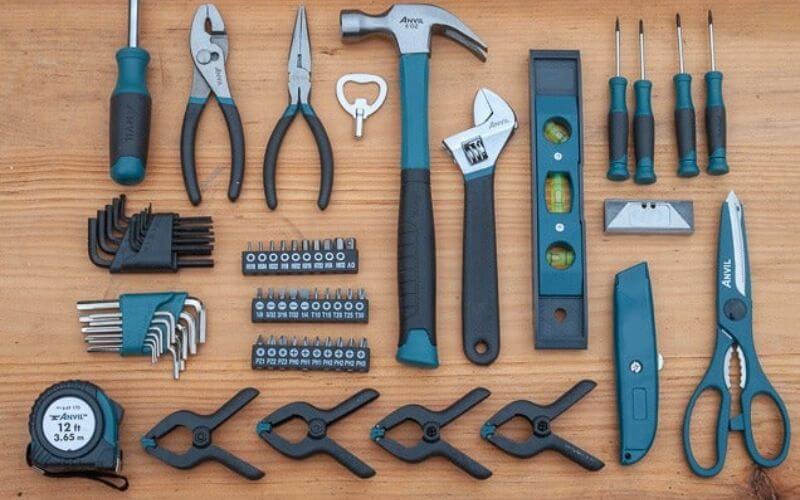Humidity is an important environmental factor that can affect your home’s air quality, comfort, and energy efficiency. Temperature and humidity levels affect how comfortable you feel while indoors and the energy efficiency of your heating and cooling systems.
In winter, homes are often too dry because of the heaters we use as part of our home comfort systems. Without proper humidity control, your home’s air can become dry and uncomfortable. The low humidity may also cause cracking in plaster and wood, as well as corrosion to metal surfaces like pipes, refrigerators, freezers, and heating/cooling systems.
Also check: Can Ceiling Fan Help To Keep Room Cooler?
The Ideal Humidity Level for your Home during the Winter Months
Studies have shown that a higher level of humidity in your home can help you feel warmer when the temperature drops. The ideal level of humidity for comfort during the winter months is between 30%-50%. If it is dryer than this, your skin is likely to become itchy and uncomfortable. You can help keep your skin moisturized by using humidifiers in your home. Humidifiers help maintain the humidity levels needed to prevent dry skin, but they’re also useful for relieving cold symptoms such as nasal congestion, a sore throat, and coughs. In addition to being helpful during cold seasons, humidifiers can help with allergies and asthma.
To determine what humidity level is in your home, you’ll need one of two items:
- A hygrometer – A hygrometer is an instrument that measures the amount of humidity in the air. They are used mostly for weather forecasting and for measuring relative humidity
- An analog kitchen/meat thermometer
Place one or both of these around your home – we would recommend one in your bedroom while you sleep, and one in the main living areas of your home (like the kitchen or family room).
Also check: Is It Necessary to Install a Dehumidifier in the Attic?
How to Level the Humidity in your Home
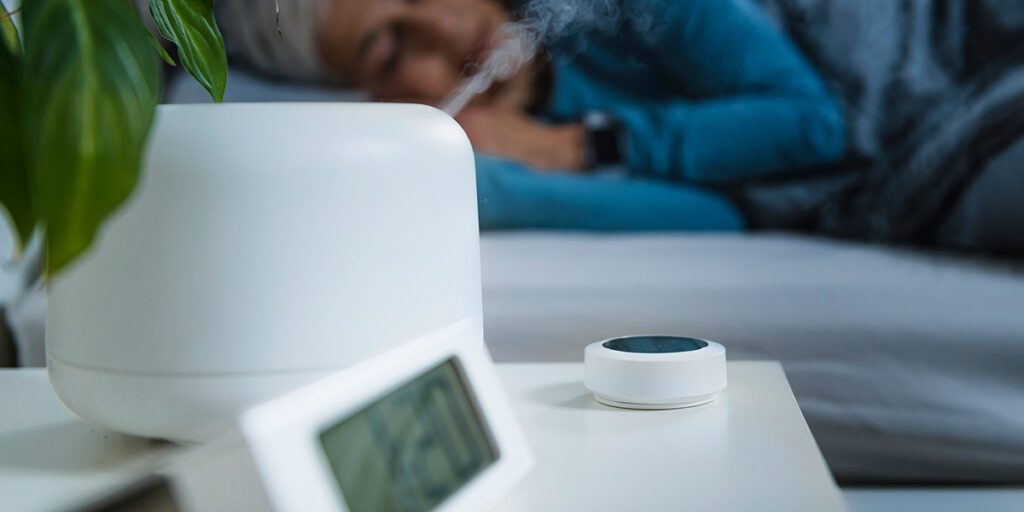
To combat the low humidity levels and keep your home healthy and dry, you should consider using a dehumidifier in your home. Dehumidifiers work by extracting moisture from the air and allowing it to evaporate into the atmosphere. This helps in regulating humidity levels within your home and keeping your living space comfortable.
One of the most natural ways to level the humidity in your home is to sprinkle salt water around the house and wipe it off after some time. This will add moisture to the air and help you breathe easily in colder temperatures. You could also add a few drops of lavender oil or mint oil to a humidifier to relax your senses.
If the humidity level is lower than 35%, increase heat usage until the desired humidity level is achieved. This can be done by investing in humidifiers. A humidifier increases the amount of moisture that is present in the air, thereby improving your comfort level. It also helps you breathe better by bringing down your chances of coming down with a cold or the flu.
Conclusion:
Finding the right humidity level for your home is important to keeping you and your family comfortable all winter long. Too much humidity can make you feel uncomfortable and cause problems like mold growth, while too little humidity can lead to dry skin, sinus issues, and more. At K2 Mechanical, we help you find the perfect humidity level for your home so you can stay cozy all season long. If you have any questions about how to adjust your humidity levels or what kind of humidifier would work best for your needs, please don’t hesitate to give us a call. We would be happy to help!

